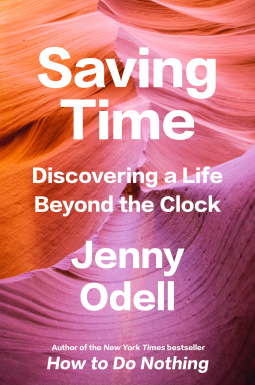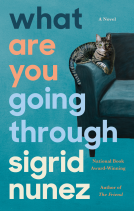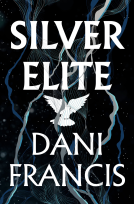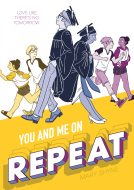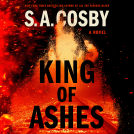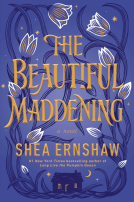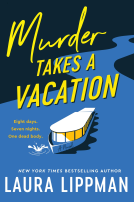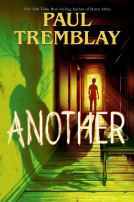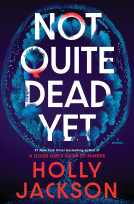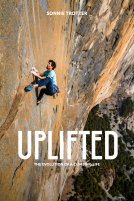Saving Time
Discovering a Life Beyond the Clock
by Jenny Odell
You must sign in to see if this title is available for request. Sign In or Register Now
Send NetGalley books directly to your Kindle or Kindle app
1
To read on a Kindle or Kindle app, please add kindle@netgalley.com as an approved email address to receive files in your Amazon account. Click here for step-by-step instructions.
2
Also find your Kindle email address within your Amazon account, and enter it here.
Pub Date Mar 07 2023 | Archive Date Not set
Random House Publishing Group - Random House | Random House
Talking about this book? Use #SavingTime #NetGalley. More hashtag tips!
Description
“One of the most important books I’ve read in my life.”—Ed Yong, author of An Immense World
A BEST BOOK OF THE YEAR: Harper’s Bazaar, Esquire, Chicago Public Library, Electric Lit
In her first book, How to Do Nothing, Jenny Odell wrote about the importance of disconnecting from the “attention economy” to spend time in quiet contemplation. But how can we reclaim our time?
In order to answer this seemingly simple question, Odell took a deep dive into the fundamental structure of our society and found that the clock we live by was built for profit, not people. This is why our lives, even in leisure, have come to seem like a series of moments to be bought, sold, and processed ever more efficiently. Odell shows us how our painful relationship to time is inextricably connected not only to persisting social inequities but to the climate crisis, existential dread, and a lethal fatalism.
This dazzling, subversive, and deeply hopeful book offers us different ways to experience time—inspired by pre-industrial cultures, ecological cues, and geological timescales—that can bring within reach a more humane, responsive way of living. As planet-bound animals, we live inside shortening and lengthening days alongside gardens growing, birds migrating, and cliffs eroding; the stretchy quality of waiting and desire; the way the present may suddenly feel marbled with childhood memory; the slow but sure procession of a pregnancy; the time it takes to heal from injuries. Odell urges us to become stewards of these different rhythms of life in which time is not reducible to standardized units and instead forms the very medium of possibility.
Saving Time tugs at the seams of reality as we know it—the way we experience time itself—and rearranges it, imagining a world not centered on work, the office clock, or the profit motive. If we can “save” time by imagining a life, identity, and source of meaning outside these things, time might also save us.
Advance Praise
“At this pivotal historical moment, when so many of us are struggling with burnout, anxiety about the future, and a gnawing dissatisfaction that things don’t have to be like this, in strides Jenny Odell with the exact book that we needed. Odell masterfully dissects the origins of our many destructive beliefs around work, leisure, and self-improvement, while also offering a way for us to be free of them. Saving Time is an exposé of our past, an antidote to our present, and a manifesto for the future. It is rigorous, compassionate, profound, and hopeful. It is one of the most important books I’ve read in my life.”—Ed Yong, author of An Immense World
“I experience Jenny Odell’s work as the rarest kind of intervention: It alters you immediately, and then it lasts. She is alive to the bleakest aspects of contemporary existence—the brute-force instrumentalization of our time, our planet, our humanity—and yet finds a way to transubstantiate grief into vision . . . Saving Time is an inimitable gift.”—Jia Tolentino, author of Trick Mirror
“Odell has gifted us a way to move through this intertidal moment by reclaiming our more intuitive, felt experience of the passage of time. She puts words to our shared disorientation and models a way to navigate a present dominated by its uncertain future. It’s a beautiful, clarifying, and surprisingly reassuring literary triumph.”—Douglas Rushkoff, author of Present Shock
“Saving Time is about what it means to be on the clock, personally, politically, and existentially. Odell’s writing glows. Reading this book is like being in the company of a particularly thoughtful friend: Odell shows you the truths of the structures you inhabit and then, warmly, attempts to protect you from your own nihilism.”—Alissa Quart, author of Bootstrapped
“This important book is a revealing exploration of the forces that keep us locked in a shallow, commodified, and adversarial relationship with time. But it is also a portal to a far richer alternative. To read it is to slip through the bars of our modern temporal prison and experience how freedom might feel.”—Oliver Burkeman, author of Four Thousand Weeks: Time Management for Mortals
“This fiercely generous new book by Jenny Odell invites us to exit the superhighways and explore the scenic detours, byways, rebel camps, the other visions of who we can be while reminding us that slowness can yield more than speed.”—Rebecca Solnit, author of Men Explain Things to Me and A Field Guide to Getting Lost
“Odell follows up How to Do Nothing with an electric call to reject the quantitative view of time in favor of a more expansive, less linear understanding that fosters interpersonal connection and social and ecological justice. . . . This is a moving and provocative game changer.”—Publishers Weekly (starred review)
Available Editions
| EDITION | Other Format |
| ISBN | 9780593242704 |
| PRICE | $28.99 (USD) |
| PAGES | 400 |
